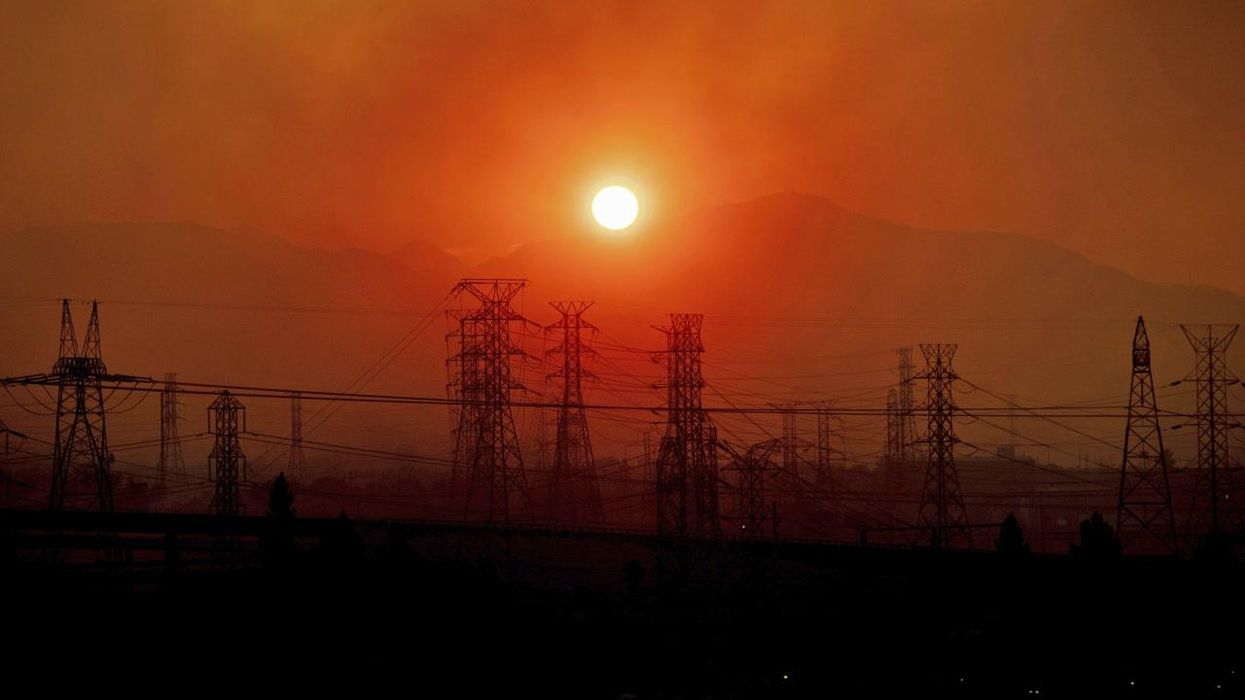Science & Tech
Becca Monaghan
Jul 08, 2022
The World United To Fix The Ozone Hole, So Why Not Climate ...
Newst
A scientist has discovered a huge hole in the ozone layer over the tropics that could impact over 50 per cent of the world's population.
Qing-Bin Lu, a professor at the University of Waterloo, said the hole has been there since the 1980s and is seven times larger than the well-known Antarctic ozone hole that appears during spring.
The ozone layer is a thin part of the Earth's atmosphere that is crucial in absorbing almost all of the sun's harmful ultraviolet light.
Findings published in the journal AIP Advances suggest the hole could be detrimental to the environment due to increased ground-level UV radiation. Lu said this can "increase risk of skin cancer and cataracts in humans, as well as weaken human immune systems, decrease agricultural productivity, and negatively affect sensitive aquatic organisms and ecosystems."
"The tropics constitute half the planet’s surface area and are home to about half the world’s population," Lu continued. "The existence of the tropical ozone hole may cause a great global concern."
The study claims the findings will hold significance in "understanding planetary physics, ozone depletion, climate change, and human health."
Sign up to our free Indy100 weekly newsletter
However, many researchers have argued Lu's methods were flawed.
Paul Young, a researcher at Lancaster University and a lead author of the latest scientific assessment of ozone depletion (not involved with the study), told the Science Media Centre that Lu looked at percentage changes in ozone rather than absolute changes.
"There is no ‘tropical ozone hole’, driven by the author’s proposed electrons from cosmic rays or otherwise," he argued. "The long-term changes and year-to-year variability of the ozone layer in the tropical lower stratosphere (~15-20 km up) are well understood to be the result of both human-driven processes and natural drivers.
"Prior to ~2000, it was the increasing concentrations of chlorofluorocarbons (CFCs) that drove a decrease in ozone in this region, which have now been phased out by the Montreal Protocol. Since 2000, tropical stratospheric ozone levels have indeed still been decreasing, but this is due to changes in atmospheric motions expected with climate change."
Young added: "Interestingly, his article also does not draw from the vast literature that explores and documents ozone trends in all regions of the atmosphere."
Martyn Chipperfield, a professor of atmospheric chemistry at the University of Leeds, also told the outlet that he was "surprised that this study was published at all in its current form."
"The results of this work will be highly controversial and I’m not convinced they are correct," he said.
"The claim in this research of such large ozone changes in the tropics have not been apparent in other studies which makes me very suspicious.
He added: "Science should never depend on just one study and this new work needs careful verification before it can be accepted as fact."
Have your say in our news democracy. Click the upvote icon at the top of the page to help raise this article through the indy100 rankings.
Top 100
The Conversation (0)














